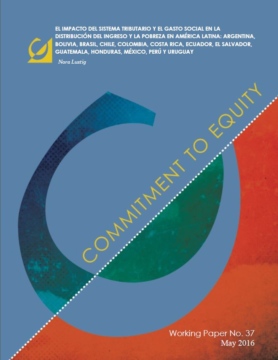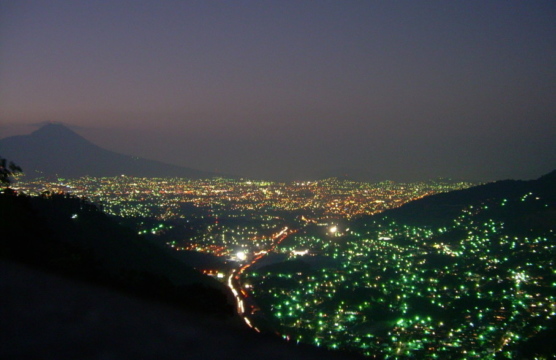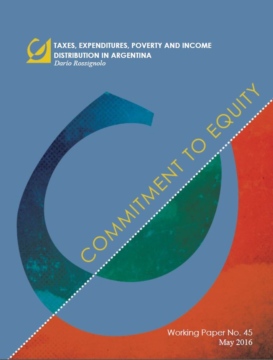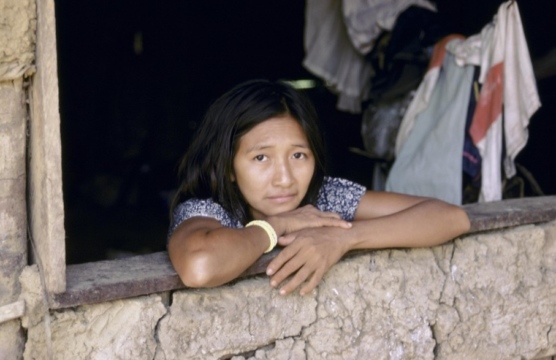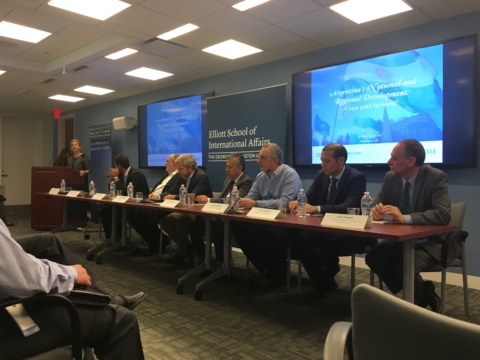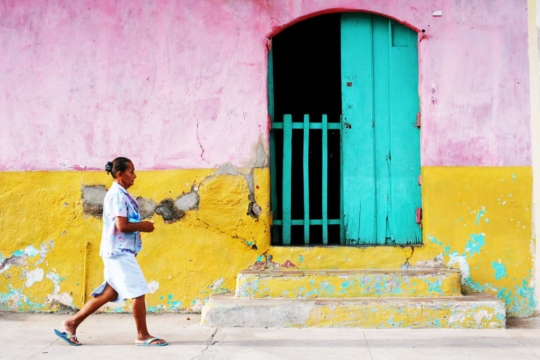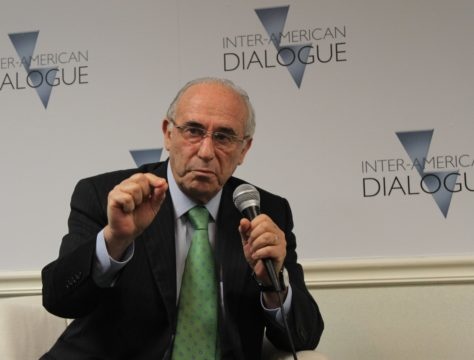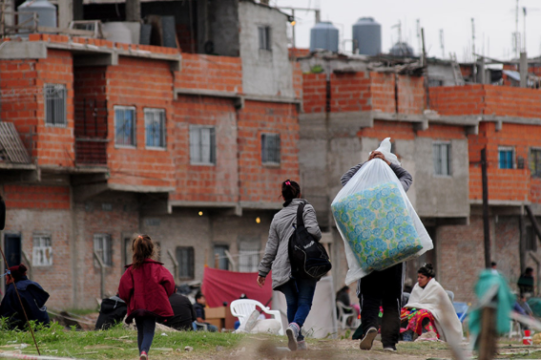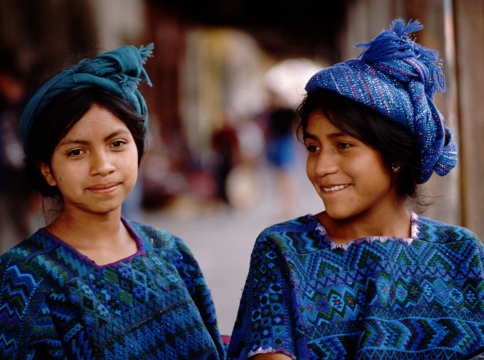
Fiscal Policy, Inequality & the Ethnic Divide in Guatemala
Guatemala is among the most unequal countries in Latin America. Fiscal policy has done very little to reduce inequality and poverty overall and along ethnic lines.
Guatemala is among the most unequal countries in Latin America. Fiscal policy has done very little to reduce inequality and poverty overall and along ethnic lines.
CEQ Working Paper No. 37: El Impacto Del Sistema Tributario y el Gasto Social en la Distribución del Ingreso y la Pobreza en América Latina: Argentina, Bolivia, Brasil, Chile, Colombia, Costa Rica, Ecuador, El Salvador, Guatemala, Honduras, México, Perú y Uruguay
Despite economic progress, Latin America has failed to address the plight of poverty. Why has inequality persisted?
CEQ Working Paper No. 45: Taxes, Expenditures, Poverty and Income Distribution in Argentina
With regional growth expected to be relatively low this year, will efforts at poverty reduction remain stalled?
Regional development is the key for Argentina’s future. The new administration has developed long-term plans to eliminate poverty and inequality in Argentina. The priority is to generate efficient and sustainable programs by strengthening institutions, promoting dialogue and integration with provincial governments, and focusing on quality.
Good fiscal policy not only promotes macroeconomic stability and growth, it is also a powerful tool for directly reducing poverty and inequality.
A compilation of the Dialogue’s reports, articles and presentations on the most important issues shaping Nicaragua’s development.
Even before a massive earthquake transformed much of the capital city of Port-au-Prince into rubble, Haitians were already bound together by the shared trauma of collective memory.
Haiti represents one of the most complex and deeply rooted challenges facing U.S. foreign policy in the Western Hemisphere: a failing state on the doorstep of the world’s most powerful nation.
Since achieving independence in 1804 to become the world’s first free black state, Haiti has been beset by turbulent, often violent, politics and a gradual but seemingly unstoppable slide from austerity to poverty to misery.
Poverty and inequality have dropped sharply in most of Latin America and the Caribbean in the past decade.
History tells us that economic crises cause large increases in poverty. The most recent economic crisis will cause Latin America’s GDP to contract around 2 percent in 2009.
“I was held at three concentration camps for more than one year; the key was to survive. Then I was expelled and I lived in exile for 10 years, barred from returning to the country. Many suffered much more than I did. […] During those years, I learned another lesson: If you allow yourself to sink into the justified bitterness and let your spirit to become contaminated with a negative animus, you cannot persuade and help mobilize others to build a better society. Therefore, the task was to build a new political and social force, and to battle for a better world, in liberty, without dictatorship.” Sergio Bitar receiving the Guillermo el O´Donnell Democracy Award and Lectureship 2017
What factors are shaping extreme poverty rates in the region, and how should governments confront this challenge?
